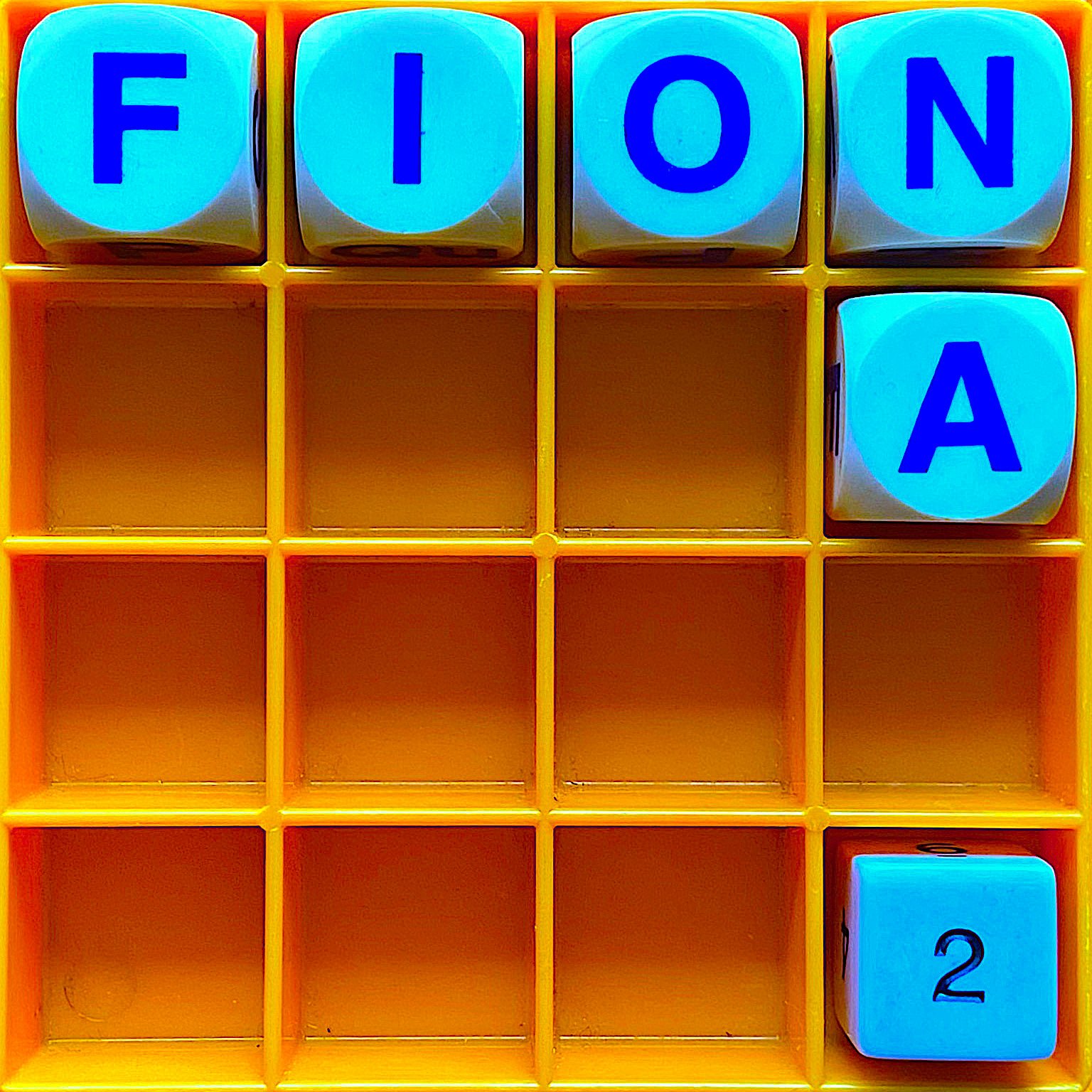In 15th and 16th century Scotland, in the highest courts of the land, you'd find esteemed poets hurling insults at each other. This was flyting, a sort of medieval equivalent of battle rap, and it was so popular at the time that the King himself wrote instructions for how to do it well. Writer and Scots language campaigner Ishbel McFarlane and historical linguist Joanna Kopaczyk explain the art of flyting, where an insult becomes slander, what's going on within the speech act of performative diss-trading, and what the legal consequences could be of being accused of witchcraft.
Read moreAllusionist 166. Fiona part 2
“I don't think that anyone should come away from this conversation not wanting to use the name Fiona. I think this is a beautiful and rich history. It might not be quite the history that you imagined, but I think it's a beautiful history," says writer and performer Harry Josie Giles. She and PhD researcher Moll Heaton-Callaway investigate this complicated name with fascinating history, in this second of a pair of episodes about the name Fiona.
Read moreAllusionist 165. Fiona part 1
A lot of people assume that Fiona is a very old Scottish name, but the first known Scottish Fiona is from the 1890s: Fiona Macleod, the enormously popular novelist of Scotland's Celtic Revival movement. But when she suddenly stopped writing in 1905...and there turned out to be far more surprises about Fiona Macleod than the novelty of her name. Writer and performer Harry Josie Giles and PhD researcher Moll Callaway-Heaton consider the first Scottish Fiona.
This is part one of a pair of episodes about the name Fiona; part two will explore the etymology of the name and similar ones in various languages, and examine the first appearance of Fiona in literature, which comes with its own cocktail of complication.
Read more


